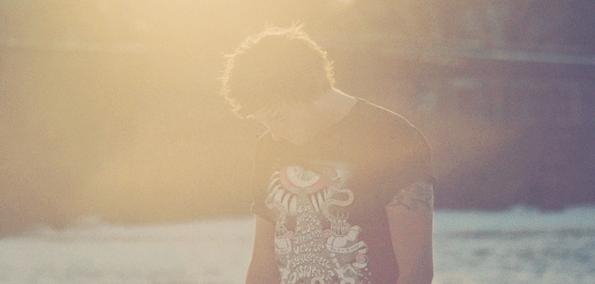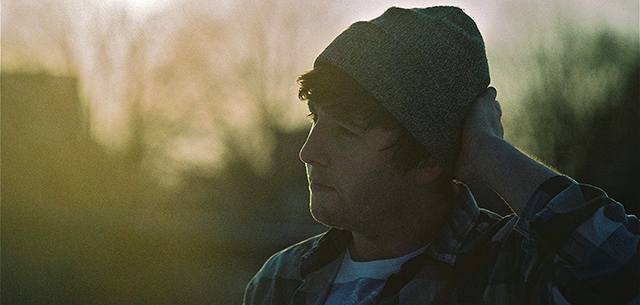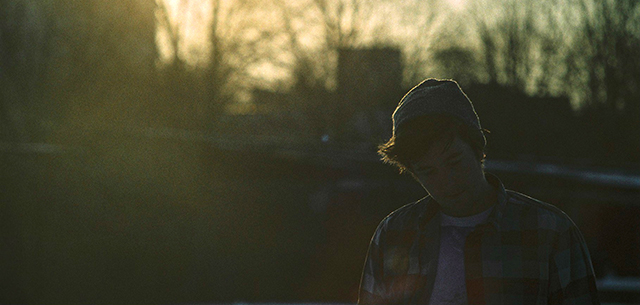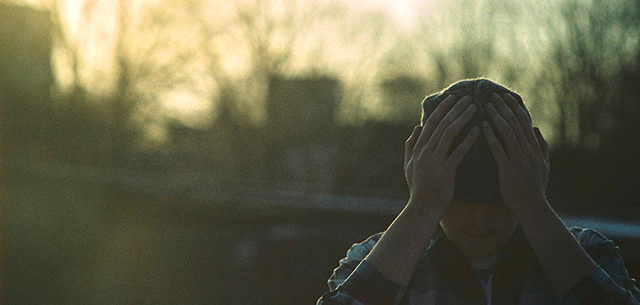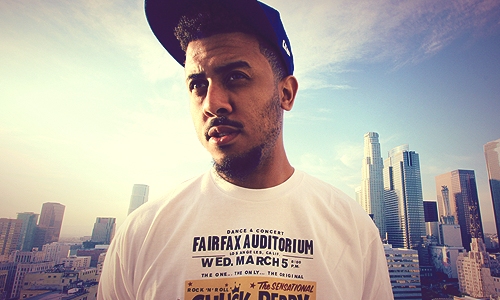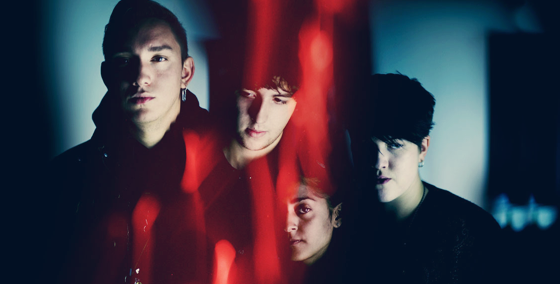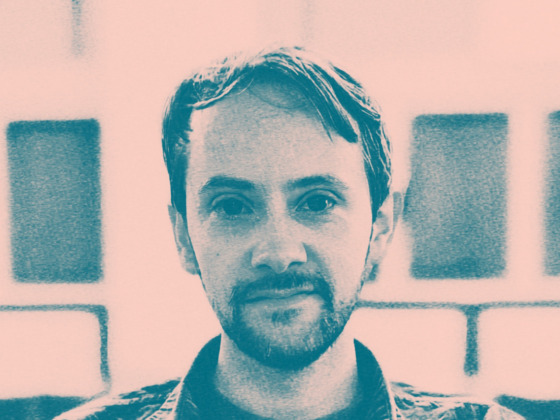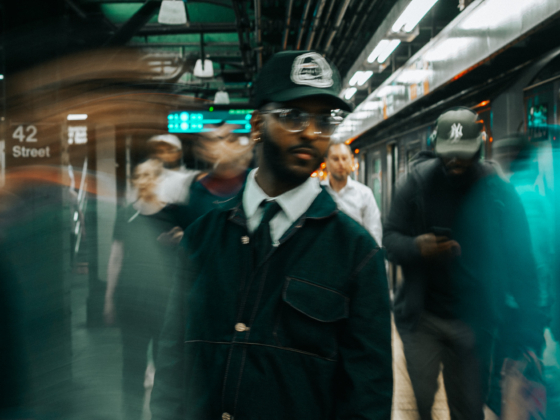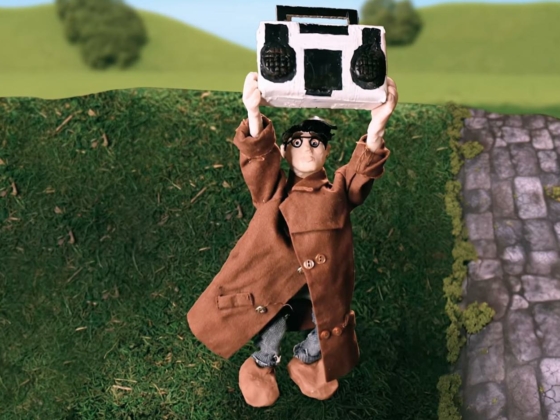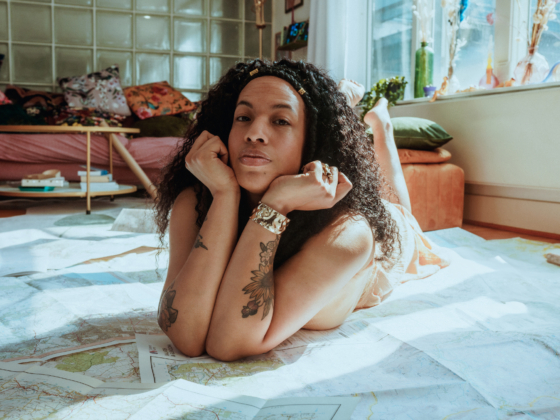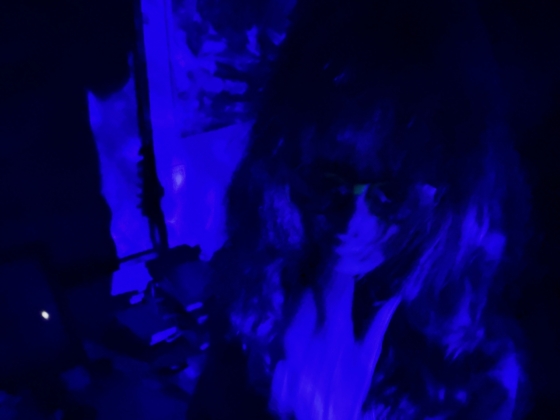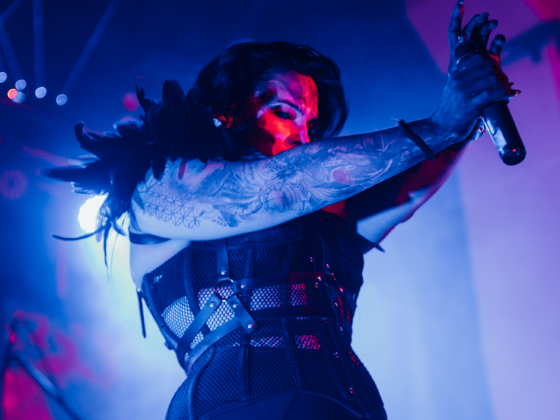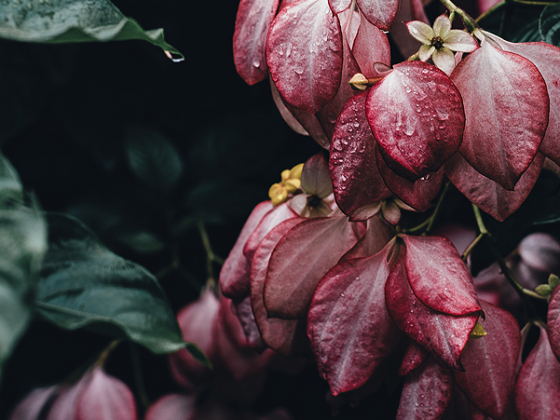It's easy to get preoccupied with tracks that rattle the dance floor in the bass music scene. Nothing against those types of tracks, I love them just as much as the next guy—but there are certainly softer, more melodic sounds that coexists in the bass music world. This sound is dominated by smooth and warm basslines, thoughtful and meticulously constructed drum patterns, organic textures, and soundscapes. A crowd that takes pleasure in the more melodic and traditional sounds of music, incorporating synthetic aspects of bass music into a more traditional formula. Embodying this approach to music is a young and opinionated producer with a worldly perspective and dynamic methods broadcasting from his new headquarters in London.
I am a serial late-nighter, a begrudging music snob, roll-up/coffee combo enthusiast and have an imaginary Hamster named Jim-Bob.
His name is Pedestrian and he's had releases on London's Push & Run, remixed the likes of Jon Phonics, Tropics, and Emeli Sande, and has wedged himself front and center into the softer side of bass music. I was lucky to get a hold of Pedestrian and have a few words with him about music, his production, and the scene. Here's what he had to say:
EARMILK: Tell me a little about yourself, what kind of background do you come from?
Pedestrian: My name is Jack, I’m 23 and have just moved to London from Hertfordshire where I grew up. I went to school in a few different places. When I was three, I moved to Bahrain, next to Saudi Arabia, and lived there until I was ten years old. While I was out there I attended an international school. When I came back, I went to school in St. Albans in Hertfordshire. I actually don't have a “job” at the moment; I’m just working on productions, remixes and DJ gigs as my main source of income, so not particularly rolling in it just now! As far as background info goes, I am a serial late-nighter, a begrudging music snob, roll-up/coffee combo enthusiast and have an imaginary Hamster named Jim-Bob.
[soundcloud url="https://api.soundcloud.com/tracks/36507339" iframe="true" /]
EM: Interesting. Do you find that growing up in Middle Eastern culture has influenced you at all, or that your exposure to it shows up in your production?
P: I wouldn't say living out there influenced me musically. We heard everything that appeared in the Western charts, except six months later, and the sound of Muslim prayer calls in the distant background. Living there has definitely influenced me in other ways though. For instance, it gave me the travelling bug. I love travelling and seeing the world, and I am keen to travel for as long as I can and see as many corners of the globe as possible. Living there also made it very comfortable for me to be around all kinds of people of any creed or color, as I grew up with kids from all over the place.
EM: You also call yourself a music snob, is this because you are passionate about a certain genre of music or is it all music in general?
P: With regards to my music snobbery, it’s not genre specific. I just have a very wide but specific taste. Anything from jazz, techno, hip hop, kraut rock, or ambient soundscapes—I like what I like and I'm really picky. If it makes my ears happy I don't care what genre it sits in; genres can be so detrimental to the audiences listening experience in my opinion. Some people just completely write off an artist before even hearing them just because of what they are labeled as on a website—a label which can often be incorrect. I quite like how my music is a little more difficult to pin point to one genre. Just please don't call me “future garage.” Accurate term but poncey as fuck…
A lot of music in the charts is made just to appeal to a mass market and not actually for the love of the music. That’s something I try to veer away from…
EM: Genres aside, do you find any artists or scenes of music have influenced your path to the music you produce?
P: I definitely have a lot of musical influences, drawn from all over the place. Bonobo with his musicality and consistency is a massive one for me; Mount Kimbie for their ability to create a perfect loop that can go round and round and not get boring. People like Dilla and Pete Rock for the pure soul and dustiness that come with their beats. Little Dragon for their quirkiness, interesting sound design, and unusual application of swing on the drums and rhythmical elements. Brian Eno for his beautiful treatments, unorthodox creative processes, and his extreme prolificness. I could go on and on, there are so many people I look up to. I make a conscious effort to listen to a lot of varied music because I think if you just listen to the style of music your making you will inevitably just regurgitate ideas, whether it's consciously or unconsciously. It makes it hard for me to listen to all of these incredible artists because I'm so harshly critical on my own productions—sometimes I just feel like giving up!
EM: When you produce tracks or remix do you have a certain sound or consistent style that you try to incorporate into your production, or is every track a different musical experiment for you?
P: I don't consciously try and incorporate a certain “sound” into any of my production, original or remix. I just do what I think sounds best to me. Remixes are a little bit different as I want to do the original justice, while making the remix appeal to the audience of the original artist and the people that are into my previous productions. It’s important to bear in mind the audience, but not focus on them too much. Otherwise you just end up making nonsense and trying to appeal to everyone, which is impossible. A lot of music in the charts is made just to appeal to a mass market and not actually for the love of the music. That’s something I try to veer away from, but of course the audience does need to be taken into consideration.
[soundcloud url="https://api.soundcloud.com/tracks/35734362" iframe="true" /]
P: I definitely recycle samples and sounds that stand out to me in my original productions to a certain extent to keep some consistency. I did a 30 minute recording at a friend’s flat of anything we could find—hitting pans, alarm clocks, spray cans, bike bells and all sorts. I chopped that into individual hits and made a sample pack out of it and use at least something from it in every track.
EM: It sounds like you like to take advantage of some unconventional recording techniques to give yourself more options when producing. Can you pick a track you produced and take me through the production process? (You can listen to the track below)
P: Definitely a good example of this would be my track "Midsummer's Common." This all started one day when I took my laptop into the Apple store in Cambridge for something or other and on the way back there was a busker playing a harp. I love the sound of harp and he was playing it beautifully. I sat down next to him and recorded him through my laptop mic as it was all I had available. He was comfortable with me recording him and I made sure to give him a couple of quid and a roll-up for his troubles. When I got home I chopped it up, and started making the track. I also had recordings that I made of a drunken Cambridge professor we had ended up talking to one day at our local pub. He was mad, drunk, and eccentric but he said a lot of interesting things and had a voice that I had to record, which I did via my iPhone.
[soundcloud url="https://api.soundcloud.com/tracks/25770462" iframe="true" /]
P: I made the track during the summer and I wanted it to almost exude sunshine and what it feels like to chill in one of the parks in Cambridge with a few friends on a beautiful summer’s day. Midsummer Common was a park close by and I used a little word play by adding an apostrophe so it was "Midsummer's Common," implying these sounds are common mid-summer. I added the sounds of birds singing and other ambience in the background to help, and tried to make all the elements as light and “happy” as possible. I also wanted the track progress as if it was a day; it starts off walking to your destination, getting there and enjoying the sunshine, company and drinks, then trailing off into the night. I think I achieved that and I'm really happy with the outcome of the track.
With regards to the “scene”, I think it's in a really exciting place at the moment with all the merging of different styles and defying boundaries of genre pigeon-holing.
EM: Last question: there is a very cliché job interview question no one likes to answer honestly, but I think is an especially interesting question to ask musical artists. Where do you see yourself in five years? Where do you see the scene going?
P: Well, in five years hopefully I'll be 28, have a large back catalogue of original music and production credits which I'm proud of, living comfortably by doing something that I love and have seen a lot more of the world through work and play.
[soundcloud url="https://api.soundcloud.com/tracks/31063363" iframe="true" /]

